
Pin
Tactics are a big part of any chess duel. Among the basic tactics, the pin is one of the most common you can use to surprise your opponent and win the game.
- What Is A Pin In Chess?
- What Is An Absolute Pin?
- What Is A Relative Pin?
- How To Take Advantage Of A Pin In Chess
- How To Get Out Of A Pin In Chess
- Test Your Skills
- Conclusion
- Video Lesson
What Is A Pin In Chess?
A pin is a tactic you can use to restrict one or more of your opponent's pieces. You can do it by attacking the other player's forces in a way that allows you to explore a much greater vulnerability if the attacked piece moves. Usually, the pinned piece blocks an attack to a more valuable piece, but it could also protect a key defender of the position or even impede a checkmate.
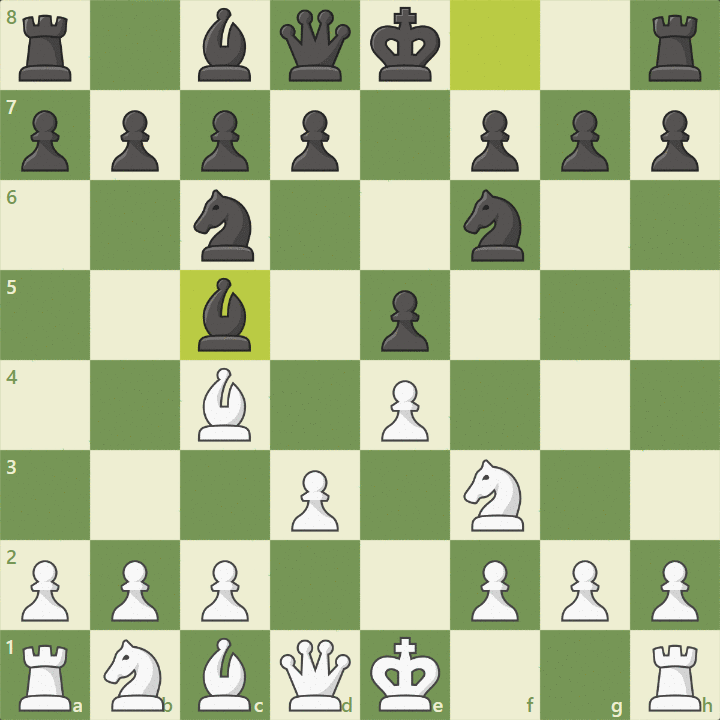
How does a pin differ from a skewer? In a pin, the attacked piece cannot move because it prevents a more significant threat. On the other hand, a skewer works in reverse. The most valuable piece is upfront, so it must move and allow the capture of the weaker piece behind it.
What Is An Absolute Pin?
An absolute pin is the most potent version of this tactic. It happens when a piece is covering an attack on the king. Since it is illegal to make a move that would put your king in check, the pinned piece literally cannot move.
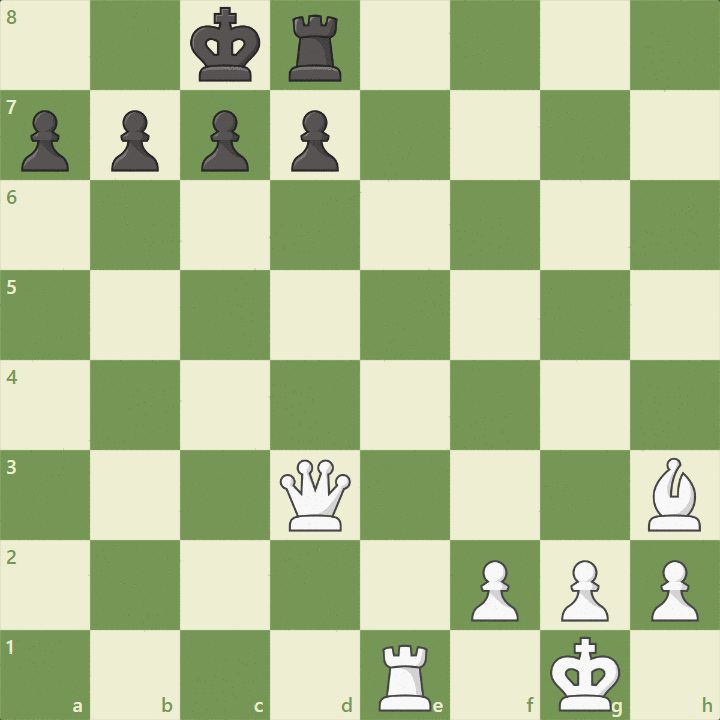
What Is A Relative Pin?
A relative pin happens when, although moving the pinned piece is not illegal, it is not desirable. Doing so would allow the other player to gain a winning advantage.
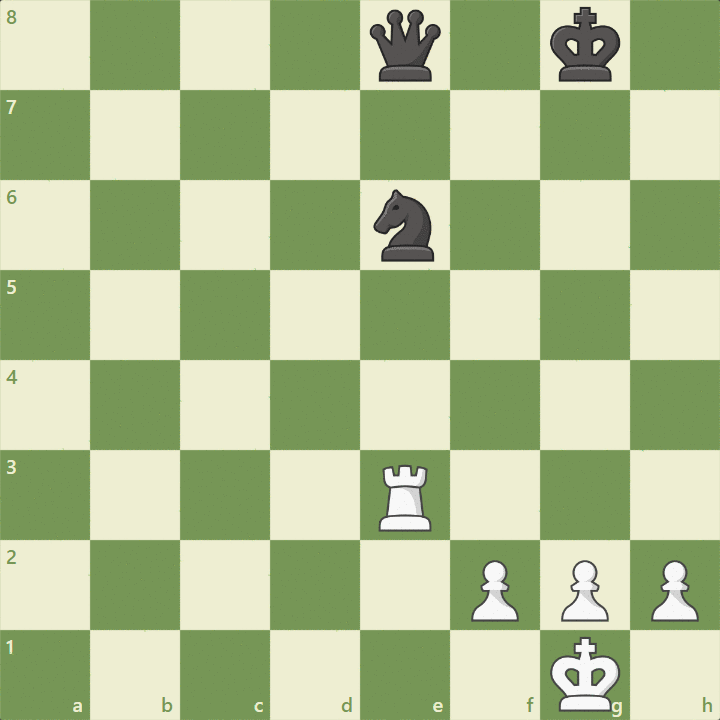
How To Take Advantage Of A Pin In Chess
The pin is a powerful tactic because it restricts your opponent's options, and it can also allow you to win material. In the following diagram, the white bishop on g5 has rendered the black knight on f6 powerless. Before the pin, the knight was controlling eight squares, but now it is impotently stuck in its position.
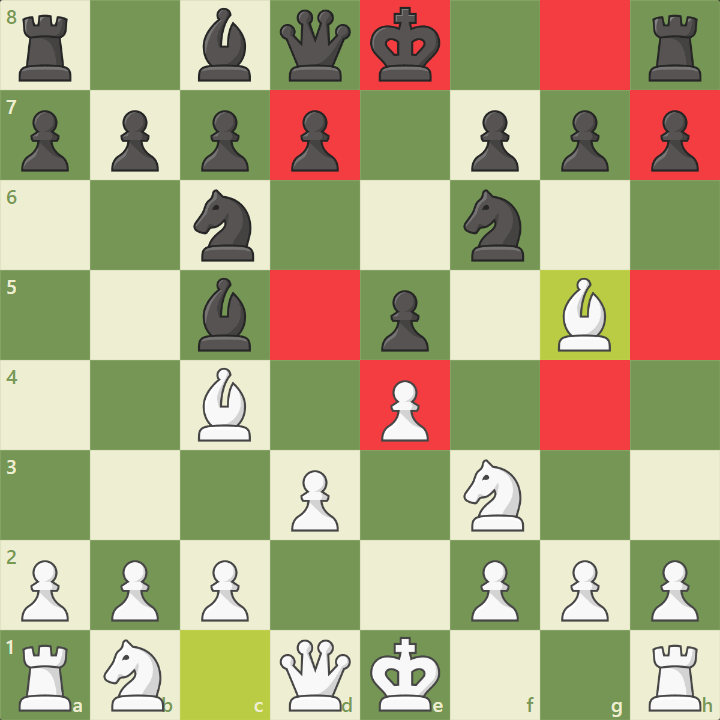
Below you can see another example of the power of a pin. Black moves their knight to f4 and attacks two of the opponent's pieces. It seems like White is doomed, but in reality, they are much better thanks to the power of the pin!
By moving the white queen to f3, White pins the black knight to the king, stopping all of its threats. If Black does nothing about this pin, White can win material by advancing their g-pawn.

You can also use a pin as an effective defensive tactic. Take a look at this game played between GM Oscar Panno and GM Henrique Mecking. Mecking took advantage of multiple pins to protect his pawns and guarantee a winning endgame position for himself.
How To Get Out Of A Pin In Chess
There are a few different ways for you to get out of a pin. The first one is by capturing the piece that is pinning your forces.

Another way of unpinning your piece is by blocking the attack with another piece of yours.
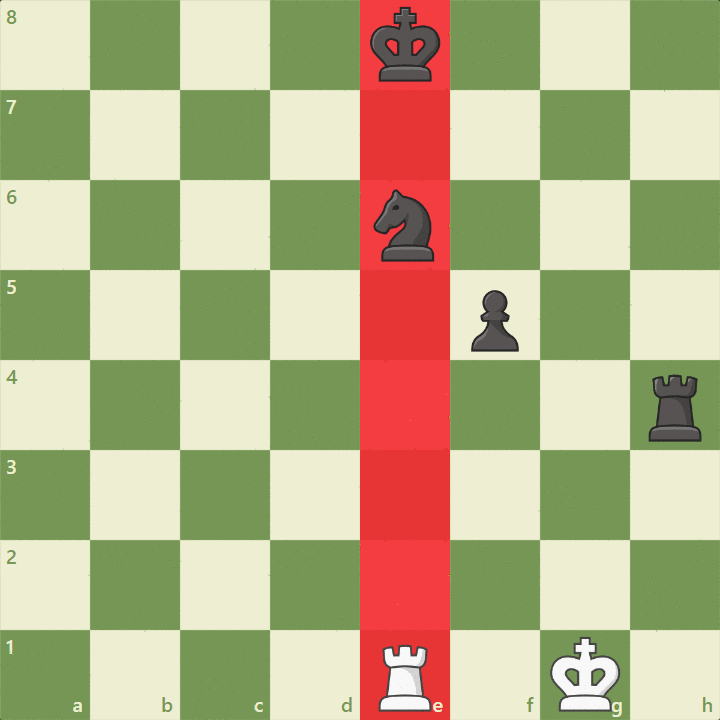
You can also free yourself from a pin by moving the threatened piece from behind your pinned piece.
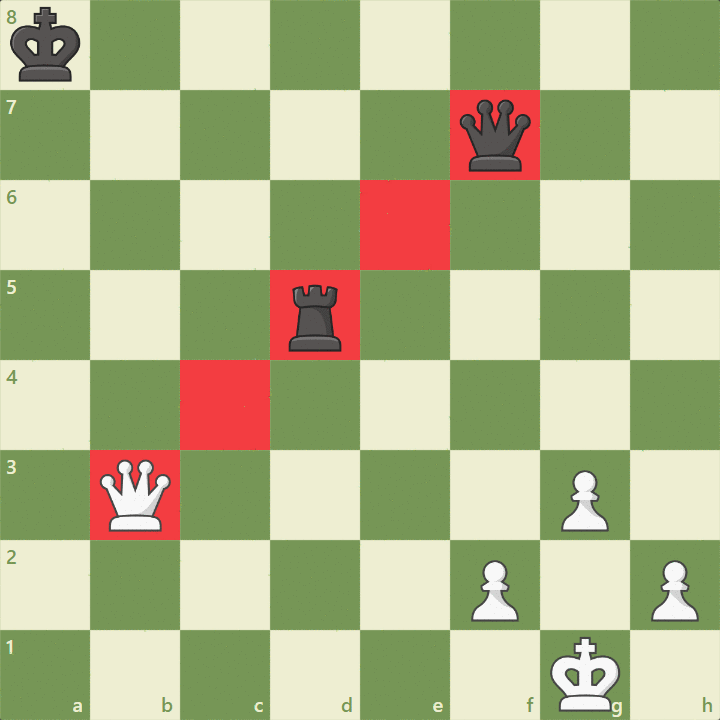
Finally, you can neutralize a pin by creating an even stronger pin against the forces that are paralyzing your army.
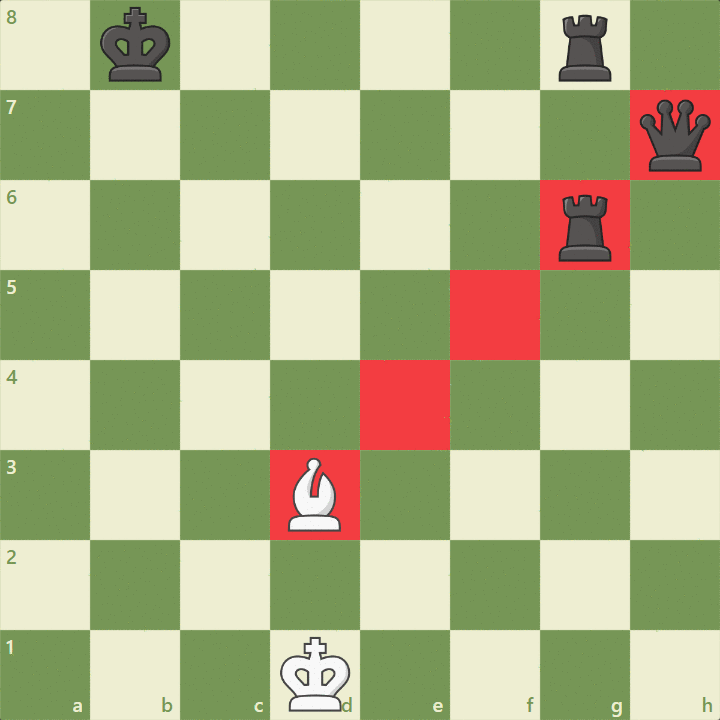
Test Your Skills
Now that you know what a pin is, it is time to test your skills! Take a look at the puzzle below. It looks like White is losing, but there is one way to turn the game around and win!
Your opponent is attacking both of your rooks at the same time. Is there any way you can escape this threat?
Conclusion
Now you know what a pin is, and you are ready to identify it in a match. Learning these strategies is a vital aspect of improving your chess, so go to the Lessons page and learn all about the different tactics you can employ to win more chess games!
Watch the Video Lesson
Reading an article is a great way to learn new ideas and concepts, but watching a video lesson can help further! Below you can find a video with more info about the pin in chess.







